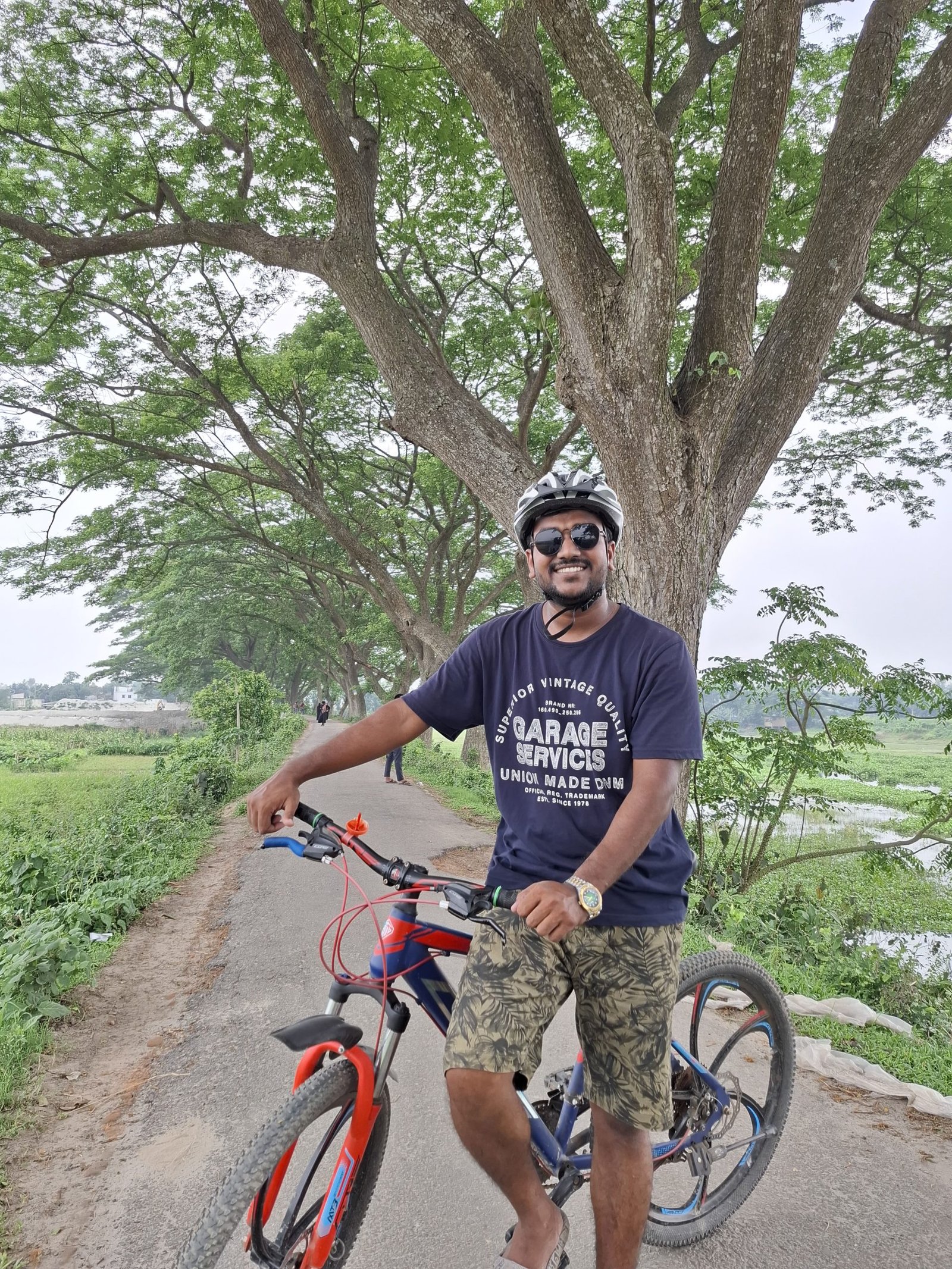Do’s and Don’ts in Bangladesh
Do’s in Bangladesh
Greet politely: Use “Assalamu Alaikum” (for Muslims) or a simple “Hello” with a smile. A handshake is common, but men usually wait for women to initiate.
Dress modestly: Especially in rural areas and religious sites. Men should avoid sleeveless tops, and women should cover shoulders, chest, and knees. A scarf (dupatta) for women is useful.
Remove shoes: Before entering someone’s home, mosques, temples, or certain shops.
Respect religion: Call to prayer (Azan) happens five times a day—show respect by lowering your voice during it.
Use the right hand: For eating, giving, and receiving. The left hand is considered unclean.
Bargain politely: In local markets (bazaars), haggling is normal and expected.
Accept hospitality: Bangladeshis are warm hosts; if offered tea, snacks, or food, accept at least a little.
Use public transport smartly: Always ask locals about fares—rickshaw pullers or taxi drivers may overcharge foreigners.
Learn some Bangla phrases: Simple words like dhonnobad (thank you) or bhalo (good) will earn smiles.
Be patient: Life moves at its own pace; traffic jams and delays are common.
Don’ts in Bangladesh
Don’t show too much affection in public: Kissing, hugging, or holding hands (between opposite genders) is frowned upon.
Don’t criticize religion or culture: Bangladesh is deeply religious; avoid sensitive jokes or negative comments about Islam, Hinduism, or local traditions.
Don’t enter mosques without permission: Some mosques are off-limits for non-Muslims; ask before entering and always dress respectfully.
Don’t point feet at people or religious objects: Considered rude.
Don’t touch food with your left hand: It’s reserved for hygiene purposes.
Don’t photograph people without asking: Especially women; always request permission.
Don’t expect punctuality: Time is flexible here—so don’t take it personally if things run late.
Don’t discuss politics too openly: Sensitive political opinions can spark heated debates.
Don’t litter: Locals may, but foreigners are expected to set a good example.
Don’t drink alcohol in public: Alcohol is restricted, found mainly in bars of luxury hotels or licensed shops.


